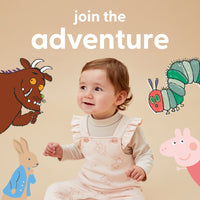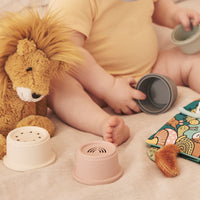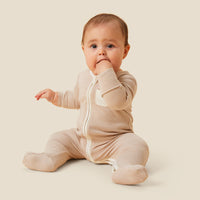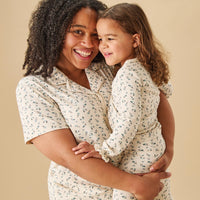- up to 50% OFF* sale
-
baby & kids
-
new collections
-
bundles & offers
-
nursery & bath
-
KIDLY by MORI
- sleep club
-
community
-
contact
- Log in
-
For expert advice on everything from baby sleep to breastfeeding to toddler weaning to combatting nausea in pregnancy. We're here to help you through every step of your parenting journey.
[{"currency_code": "$-USD", "country": "US", "continent": "none"},{"currency_code": "$-CAD", "country": "CA", "continent": "none"},{"currency_code": "$-AUD", "country": "AU", "continent": "none"},{"currency_code": "¥-JPY", "country": "JP", "continent": "none"},{"currency_code": "CHF", "country": "CH", "continent": "none"}]
Switch to
USD
?







